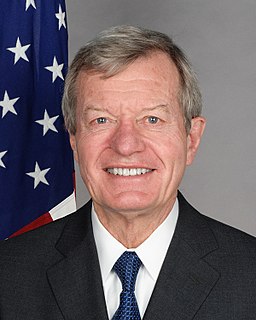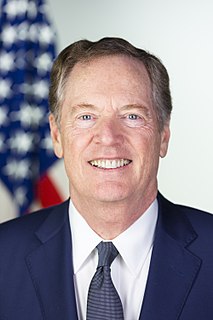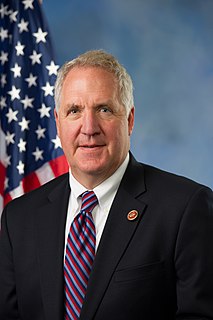A Quote by Matt Gaetz
Agricultural products ranging from citrus and dairy to beef and chicken face stifling tariffs or nontariff barriers in many countries around the world.
Related Quotes
One thinks that one is winning when we slap tariffs or introduce barriers to imports from another country, and we think we win. But you lose when you export because the other countries are going to raise tariffs as well. They're going to introduce barriers as well. So you win with one hand and you lose with the other.
At least 50% of all children in the United States are allergic to cow's milk, many undiagnosed. Dairy products are the leading cause of food allergy, often revealed by diarrhea, constipation, and fatigue. Many cases of asthma and sinus infections are reported to be relieved and even eliminated by cutting out dairy.

































